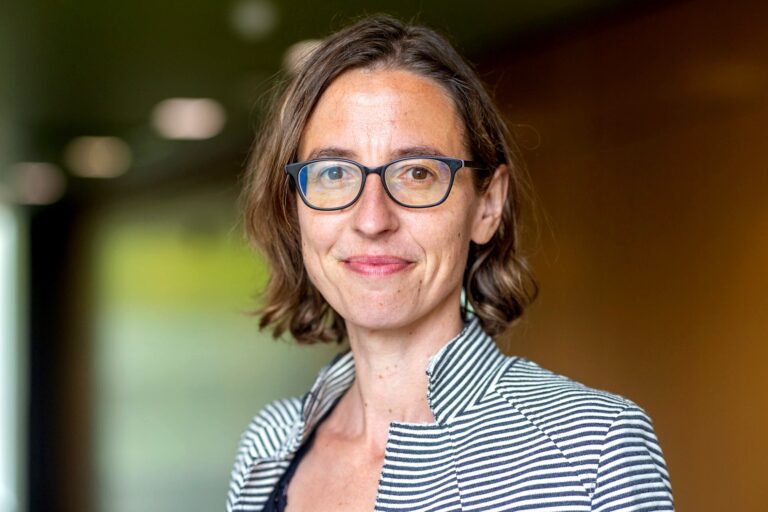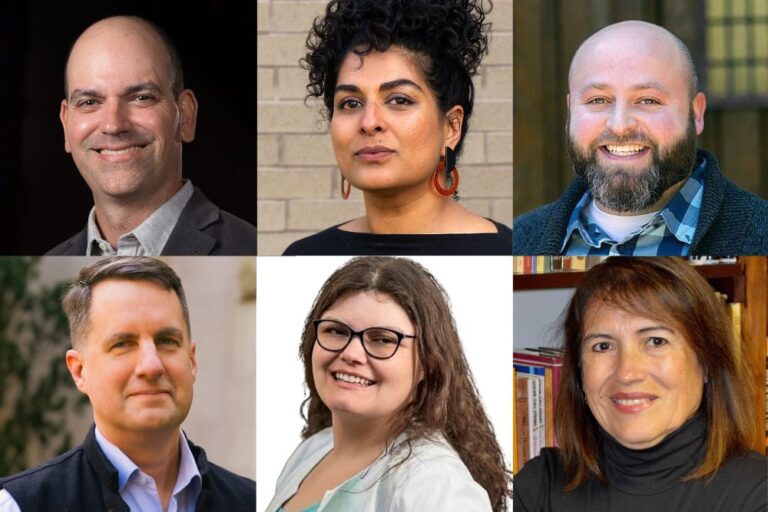A Strategic Partnership Grant from MSU’s Center for Gender in Global Context (GenCen) will help strengthen the cross-institutional collaboration between Michigan State University and the University of Dar es Salaam (UDSM), Tanzania, focusing on gender, environment, and community sustainability.
The grant supports a collaborative research project that examines the livelihoods of Maasai women in Naitolia, Tanzania, and a community-engaged learning workshop for UDSM faculty interested in women’s empowerment and sustainable community development.
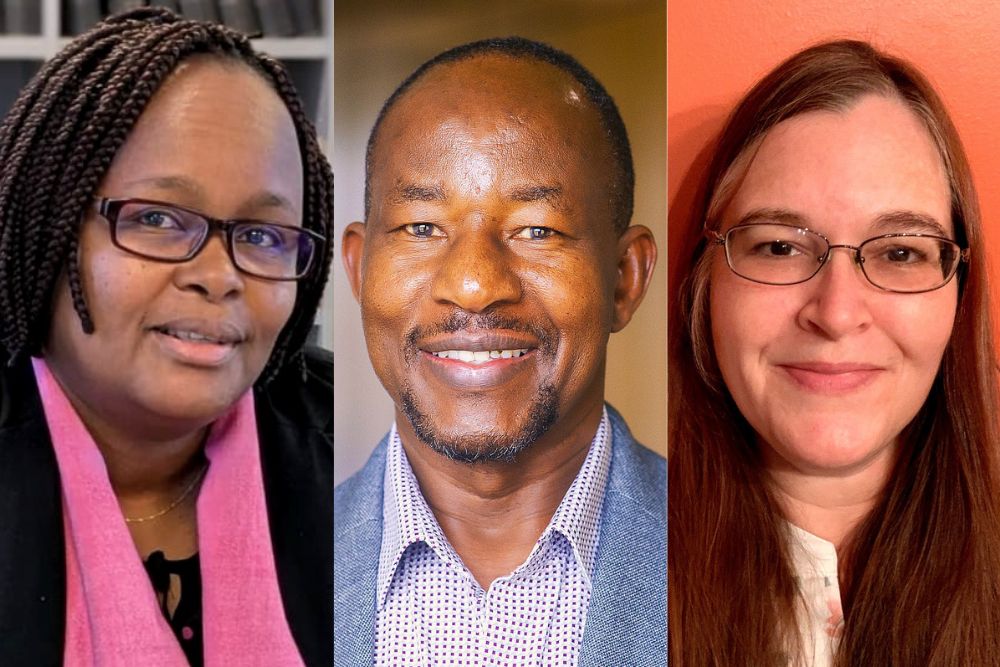
This interdisciplinary initiative, titled “Bridging Academia and Community: Faculty Training in Community-Engaged Learning (CEL) and Livelihoods Assessment in Naitolia, Tanzania,” is led by Jonathan Choti, Associate Professor in MSU’s Department of Linguistics, Languages, and Cultures; Marcie Cowley, Assistant Professor in MSU’s Center for Integrative Studies in Social Science; and Vicky Moshy, Lecturer in the Institute of Resources Assessment and Center for Climate Change at UDSM.
The project will assess the livelihood needs of Maasai women in Naitolia, Tanzania, applying decolonizing methodologies that center local perspectives, languages, indigenous knowledge, and cultural practices. Community members will be treated as co-researchers and will help define research questions, methods, and dissemination strategies. This inclusive model aims to empower the Naitolia community through knowledge-sharing while strengthening academic-community partnerships at MSU and UDSM.
“Our collective goal is to co-create knowledge that uplifts local communities while critically examining our own positionality as scholars.”
Dr. Jonathan Choti
“Our collective goal.” Choti said, “is to co-create knowledge that uplifts local communities while critically examining our own positionality as scholars.”
Cowley added that “our interdisciplinary backgrounds and the cross-disciplinary nature of the project are important steps toward promoting equitable and purposeful community partnerships with MSU, the University of Dar es Salaam, and the Naitolia village community in Tanzania.”
The project advances GenCen’s priorities in empowerment and poverty eradication, environmental justice, and gender equity, modeling how collaborative community-engaged research can produce meaningful global impact.
Research Focus and Intellectual Merit
A pastoralist Maasai community in the Monduli District of Tanzania, the village of Naitolia has long faced livelihood challenges stemming from colonial and postcolonial transformations. This research will investigate the livelihood options of Maasai women in that village and how they could be improved; the influence of socio-cultural factors —gender roles, traditions, and decision-making structures — on livelihood activities; the coping mechanisms used to address challenges such as drought, limited education, and restricted access to markets and credit; and what forms of external support are the most beneficial for sustaining their livelihoods.

Research activities will include community-based data collection, collaborative analysis, and a joint literature review that will serve as the foundation for a future external research proposal.
The contributions of this project embody its intellectual merits by:
- advancing gender and development scholarship by documenting how gender and culture shape women’s access to resources, thus enriching feminist and African development scholarship.
- centering theorizing livelihoods and resilience through the refining of models of resilience and adaptation in examining women’s responses to environmental and economic stressors in semi-arid pastoralist contexts.
- producing context-specific knowledge by focusing on the localized realities of Naitolia, challenging one-size-fits-all development models common in East African research.
- Exemplifying innovationin methodology in adapting participatory and community-based methods (e.g., focus groups and participatory rural appraisal), effectively positioning Maasai women as co-creators of knowledge.
- bridging academia and practice by linking community-engaged learning trained faculty with community-based fieldwork, thus strengthening the bridge between scholarly research and real-world issues and impact.
The project advances MSU’s longstanding partnerships with the University of Dar es Salaam through the Tanzania Partnership Program and Alliance for African Partnership. By integrating community-engaged learning approaches and co-developed research, the initiative will open future opportunities for Collaborative Online International Learning (COIL) projects between MSU and UDSM faculty.
Through this Fall 2025 Strategic Partnership Grant, the team will generate a model of academic-community collaboration that blends rigorous research, inclusive pedagogy, and local empowerment, advancing MSU’s global mission of equity, partnership, and engaged scholarship.
Interdisciplinary Expertise
The project’s Principal Investigators (PIs) bring together a rich interdisciplinary set of expertise, experiences, training, and global connections.
Moshy has a Ph.D. in Environment and Development Studies from Norwegian University of Life Sciences, Norway. She has a breadth of expertise examining the relationship between society and the environment, with a focus on gender issues and youth development in East Africa. Her knowledge of Tanzanian culture and environmental dynamics will guide the team’s approach to community engagement and community-engaged learning training.
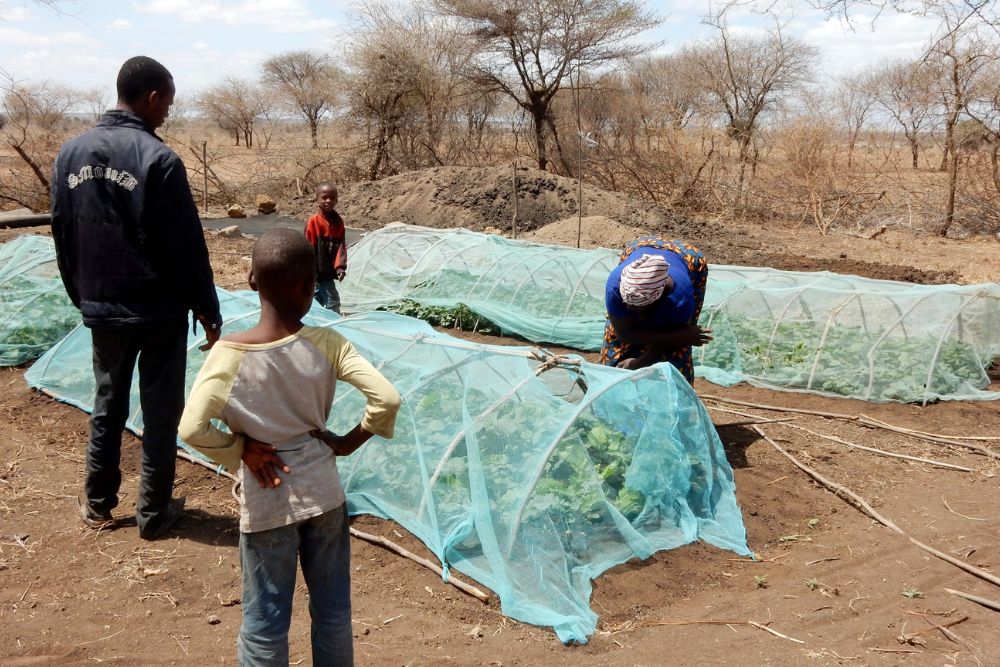

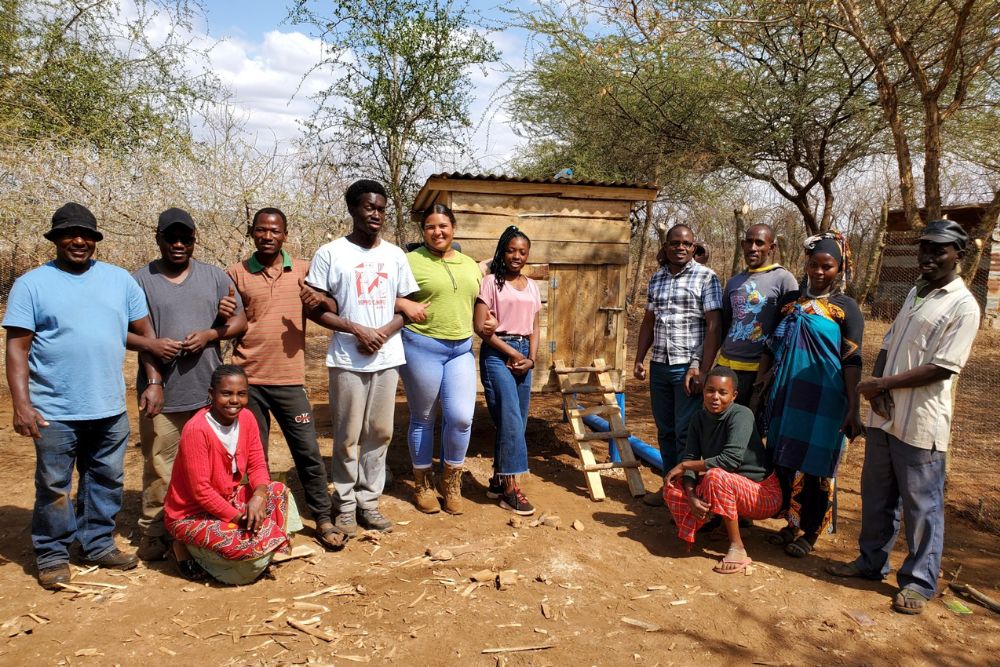
Choti has a Ph.D. in Linguistics from MSU, with a focus on Bantu linguistics. He also has extensive experience with gender and inclusion issues in East Africa, particularly in Naitolia, Tanzania, where he has co-led, with Moshy, the six-week summer education abroad program, “Sustainable Community Development in Tanzania,” under the Tanzania Partnership Program, since 2015. This joint program involves MSU, UDSM, Dar es Salaam University College of Education, and Sokoine University of Agriculture.

Hosted in Naitolia, this long-standing education abroad program brings together students and faculty from partner institutions. Students collaborate with community members to create and implement experiential learning projects to address pressing issues in education, food security, community health, water, and youth and women empowerment. Two of Choti’s previous projects in Naitolia constructed vegetable gardens and dams and supported community-engagement work.
Cowley has a Ph.D. in History from MSU and a JD in Law from George Washington University Law School. She contributes extensive experience in community-engaged teaching, learning, and research through education abroad and domestic study-away programs in MSU’s College of Social Science since 2017. Her work includes service-learning initiatives in Belize, a first-generation student career track program in Chicago, and a new Integrative Studies in Social Science service-learning course.
Choti and Cowley participated in MSU’s 2025 Summer Intensive on Community-Engaged Scholarship and are current fellows of the MSU 2025-2026 Adams Academy Fellowship. Both are committed to engaged pedagogy, public scholarship, and promoting decolonial approaches in scholarship and global engagement.
